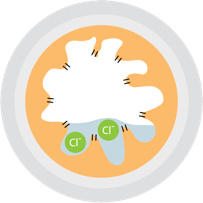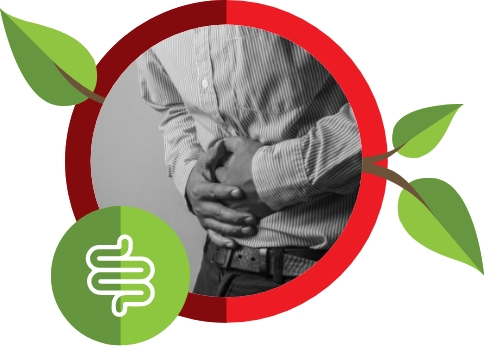
Real Help Is Here for HIV-related Diarrhea

Real Help Is Here for HIV-related Diarrhea

What is HIV-related diarrhea?
More than half of people living with HIV experience chronic, or long-term, diarrhea that is serious enough to negatively impact their quality of life. This type of noninfectious HIV-related diarrhea affects many areas of people’s lives—from missing out on social events like having dinner with friends to interfering with daily activities such as commuting to work.1

Who experiences HIV-related diarrhea?
According to a 2017 survey of 350 people living with HIV who experience diarrhea:

60%

87%

61%
*Types of diarrhea unspecified. Chronic diarrhea defined as diarrhea occurring for greater than 1 month in duration.


-
Normal
Chloride ion (Cl–) channels in the gastrointestinal (GI) tract maintain a balance of salts—including chloride ions—and water that allows normal stool formation.


-
Diarrhea
Ion channels that don’t work properly lead to too much salt and water within the gut, disrupting the normal balance and resulting in diarrhea.


Diarrhea caused by HIV
People living with HIV may experience chronic diarrhea due to the long-term damage to the gut caused by the virus itself. When a person living with HIV experiences diarrhea for more than one month and their healthcare provider has ruled out an infectious cause, the person may be diagnosed with HIV enteropathy.1,2


An imbalance in the gut
Noninfectious HIV-related diarrhea can occur as a side effect of HIV medicines, also known as antiretroviral therapy (ART). ART can impair the chloride ion channels that are critical to regulating the balance of salts (or chloride ions) and water in the gut. The resulting imbalance leads to increased water flow and loose, watery stools (also known as secretory diarrhea).1,2
Why is it important to treat HIV-related diarrhea?
Even among people with low viral loads and a strong immune system, HIV-related diarrhea remains a serious issue, especially for aging HIV patients and long-term survivors (LTSs).
References: 1. Dikman AE, Schonfeld E, Srisarajivakul NC, et al. Human immunodeficiency virus-associated diarrhea: still an issue in the era of antiretroviral therapy. Dig Dis Sci. 2015;60:2236–2245. doi:10.1007/s10620-015-3615-y 2. Castro JG, Chin-Beckford N. Crofelemer for the symptomatic relief of non-infectious diarrhea in adult patients with HIV/AIDS on anti-retroviral therapy. Expert Rev Clin Pharmacol. 2015;8(6):683-690. doi:10.1586/17512433.2015.1082424 3. Sankaran S, George MD, Reay E, et al. Rapid onset of intestinal epithelial barrier dysfunction in primary human immunodeficiency virus infection is driven by an imbalance between immune response and mucosal repair and regeneration. J Virol. 2008;82(1):538-545. doi:10.1128/JVI.01449-07 4. Siddiqui U, Bini EJ, Chandarana K, et al. Prevalence and impact of diarrhea on health-related quality of life in HIV-infected patients in the era of highly active antiretroviral therapy. J Clin Gastroenterol. 2007;41(5):484-490. doi:10.1097/01.mcg.0000225694.46874.fc 5. Clay PG, Suzuki S, Chaturvedi P, Macfarlane K. PLWH are more than viral loads and CD4 counts: Improving Quality of Life & Work Productivity through Diarrhea Reduction. In: 13th International Conference on HIV Treatment and Prevention Adherence. Miami, FL; 2018.










